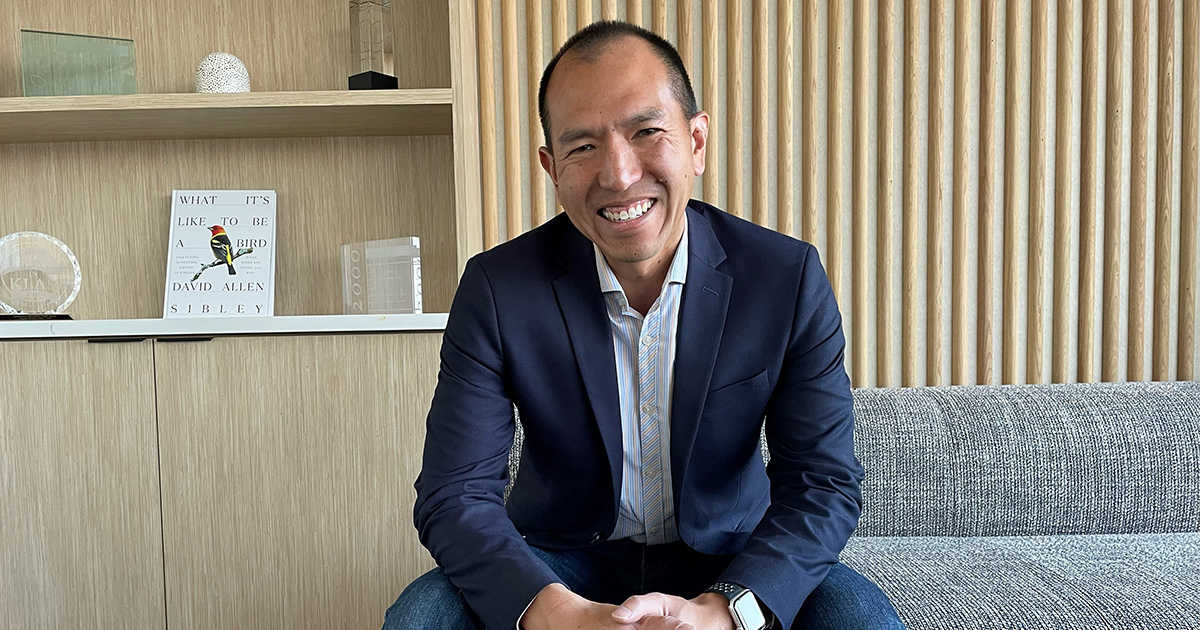
@ShahidNShah


Peter Shen discusses the need for broader adoption of and getting greater value from artificial intelligence and deep learning, and shares his vision for the next generation of health AI. Some AI specialists have expressed public concern over recent high-profile AI algorithms being too adept at appearing human, which they fear may undermine public confidence in the technology. In spite of the fact that the healthcare sector has been sluggish to adopt AI despite its potential to, among other things, improve patient care, Peter Shen, head of the digital and automation division at Siemens Healthineers, is concerned about the risk a lack of trust could have for the technology. We spoke with Shen to learn more about the healthcare AI industry and to talk about what has to happen in order for the technology to become more widely accepted. ChatGPT, a free, interactive chatbot powered by machine learning, has garnered media attention since artificial intelligence startup OpenAI made it available to the general public. It can produce long-form written content (such as stories, news pieces, and student essays) with stunning speed and a level of quality that suggests a human author. It can even compose emails. Wide-ranging consequences are associated with this technology, which is seen as a paradigm-shifter in the development of AI. Along with potential uses in healthcare, they also have possibilities in marketing and journalism. Questions have also been raised about ChatGPT's possible misuse by students and the validity of some of the sources it uses.
Continue reading at healthcareitnews.com
The recent Arab Health 2023 helped showcase innovation from around the world, and while it is difficult to choose from the hundreds of unique new products and solutions, today we showcase six of the …
Posted Mar 25, 2023 Digital Health Innovation #telemedicine
Connecting innovation decision makers to authoritative information, institutions, people and insights.
Medigy accurately delivers healthcare and technology information, news and insight from around the world.
Medigy surfaces the world's best crowdsourced health tech offerings with social interactions and peer reviews.
© 2025 Netspective Foundation, Inc. All Rights Reserved.
Built on Apr 17, 2025 at 6:07am